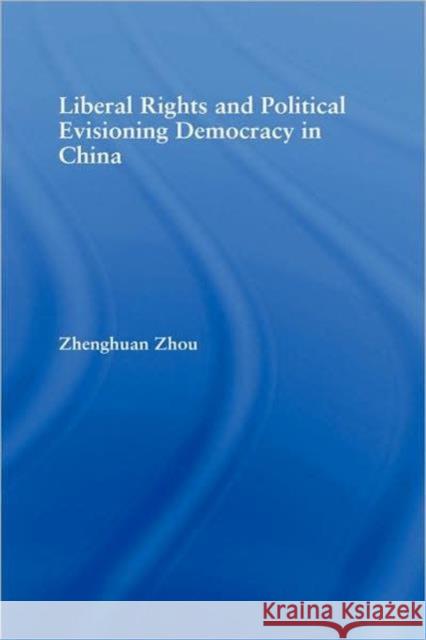Liberal Rights and Political Culture: Envisioning Democracy in China » książka
Liberal Rights and Political Culture: Envisioning Democracy in China
ISBN-13: 9780415971843 / Angielski / Twarda / 2005 / 288 str.
Liberal Rights and Political Culture: Envisioning Democracy in China
ISBN-13: 9780415971843 / Angielski / Twarda / 2005 / 288 str.
(netto: 172,54 VAT: 5%)
Najniższa cena z 30 dni: 176,25
ok. 22 dni roboczych.
Darmowa dostawa!
The liberal concept of rights or the idea of human rights it has fathered, has been widely believed to provide a viable language for articulating visions of political change vis-?-vis democratization in developing countries. While students of politics realize that cultural constraints need to be considered in designing models of political change, they have paid relatively little attention to the important need for re-describing the liberal concept of rights in a way that is sensitive to the cultural particularity of liberalism. The result is a growing inability to explain why there continues to be a wide gap between the moral force of liberal rights and the failure to take them seriously in developing countries. This study is an attempt to address this issue. It argues that the liberal concept of rights presupposes and is grounded in an individualistic culture or shared way of relating, and this particular shared way of relating emerged only in the wake of the Reformation in the modern West. In China, where such a culture is radically lacking, the liberal notion of rights as we know it know would be unlikely to provide a viable language for articulating visions of political change. is required. This re-description will have to take into account some the basic features that define the Chinese political culture.











